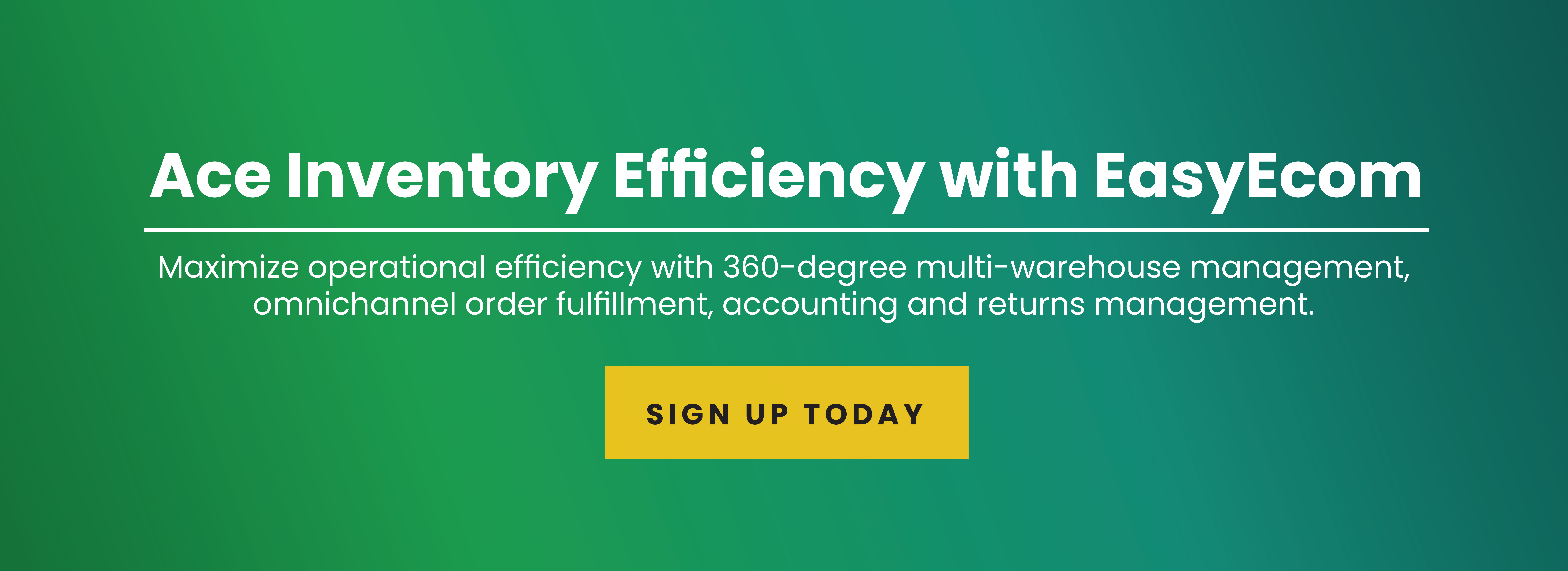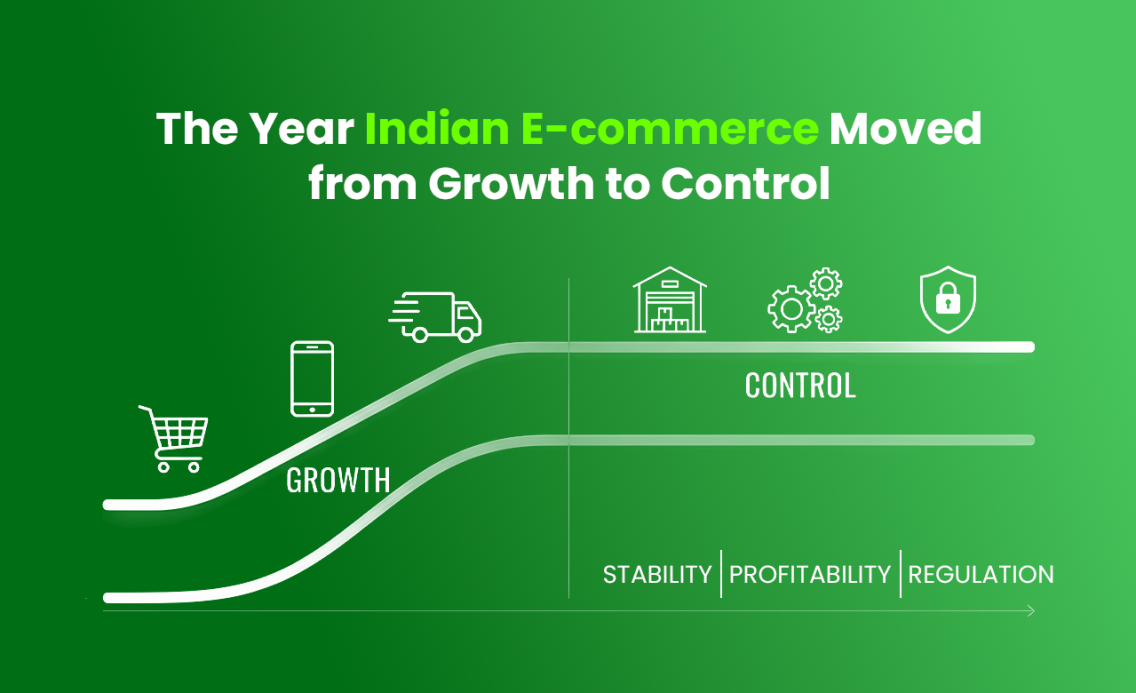Direct-to-Consumer firms have skyrocketed in recent years, in large part due to social media, lower costs, customer-friendly policies, high-quality products, improved customer involvement, and more. The popularity of D2C brands and the growth of online purchasing have brought attention to the challenges these brands currently face, particularly with shipping. Interestingly, it took 74 days longer than usual for a product to ship from China to U.S-based warehouses.
Utilizing eCommerce tracking and knowing the potential of Direct-to-Consumer logistics is now crucial for businesses across all product and service categories. It can no longer be viewed as a purely optional strategy by businesses. In the long run, the paradigm change to a digital economy will mandate direct selling, so avoiding D2C eCommerce platforms will be akin to self-sabotage.
This article will explain what direct-to-consumer (D2C) eCommerce is, why D2C firms frequently select self-fulfillment, and debunk common fulfilment myths that D2C brands experience.
What is Direct-to-Consumer eCommerce?
Direct-to-Consumer eCommerce is a business concept in which manufacturers offer their goods directly to customers without using intermediaries (distributors or retailers). Such brands handle all aspects of marketing, sales, and customer service in addition to producing and shipping their goods.
Its core function is to free brands from entry barriers like distribution and cost per sale so they can enter a market rapidly. Many businesses have been able to take advantage of this chance to cut out the middlemen and sell directly to their customers at a better profit margin thanks to the growth of eCommerce in the nation.
The direct 2 consumer (D2C) commerce offers opportunities for new firms to jump on board or for established brands to reach a wider audience. In either scenario, the central premise of direct-to-consumer brands is to provide consumers with direct product access.
Why do D2C firms frequently select self-fulfillment?
Since many direct-to-consumer (D2C) firms create their own goods and procedures, they frequently choose to fulfil customers' requests. Simply put, self-fulfillment refers to a direct-to-consumer (D2C) brand's decision to handle picking, packaging, and shipping internally. Self-fulfilment may sound rational at first, but as a firm’s order volume grows, it is certain to become more challenging.
Additionally, a lot of direct-to-consumer firms prefer to retain fulfilment in-house because it could seem like the greatest way to save money. However, as your e-commerce company expands, you must take into account the unaddressed expenses of self-fulfillment. Returns rise as order volume increases. This implies that you also need an automated returns reconciliation process. Additionally, there are many unforeseeable problems that might make achieving self-fulfillment difficult. In the meantime, typical shipping expectations from customers are rising. As a result, your direct-to-consumer (D2C) brand needs fulfilment partners who can provide solutions that are up to the task.
Common Fulfilment Myths to Stop Being Afraid Of
Myth#1: Difficulty in scaling
D2C brands can become victims of their own success if their fulfilment strategy is unable to keep up with their expansion. As order volumes increase, this may cause significant delays in order processing and fulfilment.
When it comes to fulfilment, scaling down is equally as important as scaling up. Seasonal Inventory often experiences both peaks and troughs throughout the year as consumer demand is never constant. For instance, it is well known that demand climbs quickly as we approach the holiday season.
However, if you can't manage the post-holiday calm as effectively as you did the rush, your fulfilment operation may end up costing you a lot in ongoing operating expenses.
Instead, hiring a fulfilment company to handle your direct-to-consumer fulfilment is significantly more economical.
Myth#2: Too much time spent on coordinating logistics
When you have a limited number of orders, fulfilment is relatively manageable. While order information can be manually entered into a spreadsheet, inventory and packing materials can be kept in your office or in a storage facility until needed.
However, logistics quickly becomes a full-time job as your company expands. Managing other aspects of your business requires time that is taken up by tasks like printing shipping labels, handling returns, and inventory management.
The efficiency of the fulfilment process is affected if you lack the internal knowledge necessary to properly coordinate fulfilment. If you try to fill orders as rapidly as possible as your order volume increases, you can find that you fall behind on your quality.
Myth#3: Dealing with high shipping costs
We are all aware that nothing is ever truly "free," and shipping is no exception. Since businesses are now expected to pay for home delivery, shipping expenses are further compromising already slim profit margins. High Dimensional weights and peak season surcharges, which can push up shipping costs to unaffordable levels, are problems that exacerbate this.
However, there is a risk to customer loyalty. Thanks to Amazon's flexible rules, online buyers are already accustomed to quick, affordable shipping. This means that businesses must choose between losing clients by charging for shipping or taking a loss.
By engaging with a shipping fulfilment service, you can expand the range of options for your delivery strategy. A delivery strategy that works for you and your customers may be put into place with the help of qualified industry specialists and access to wholesale shipping prices, which reduces the financial strain of shipping on your organization.
Myth#4: Enhancing the customer experience
When you're just dealing with a small number of orders, it's simple to add extras to the order fulfilment process that improve the client experience. Value-added features like personalized packaging and inserts show a higher degree of concern for your consumer, which promotes customer loyalty.
On the other hand, expensive fulfilment processes may not scale effectively as your business grows. For instance, creating an unboxing experience takes much more work than simply fulfilling each item. This places the brands in a challenging situation. Losing the trimmings can disappoint devoted customers and take away what makes your company special. However, it's not always possible to continue with such time-consuming procedures when order quantities rise.
You can make sure that your unpacking experience scales successfully along with your order quantities by working with a D2C fulfilment company that provides tailored fulfilment services.
Myth#5: Third-party Integration
Fulfilling orders directly to consumers involves much more than merely transporting products from point A to point B. You won't even know which products you have in stock, much less where you need to deliver them unless your eCommerce platform and your OMS (Order Management System) have quick and dependable interfaces.
The goal of integrations is to guarantee that information is transmitted seamlessly between different systems. The typical e-commerce company depends on a significant variety of platforms—from your web store and the payment processor to your warehouse management system—working together effectively. However, if your integrations are unreliable and information is lost or distorted, this can seriously impact your fulfilment operation.
The secret to speeding up integrations between all of these moving pieces is partnering with a technologically competent e-commerce fulfilment company. All significant eCommerce platforms, including Shopify, Amazon, and Flipkart, can be natively integrated with EasyEcom's automated eCommerce enablement software. This gives retailers access to real-time information on orders, shipping, and inventory levels from a single, user-friendly interface.
D2C is here to stay, and will continue to reshape the e-commerce market. This business model has already helped a lot of businesses become unicorns. Some of the benefits include deeper consumer engagement, improved operations, and cost benefits.
When order volumes start to exceed the capabilities of your internal fulfilment strategy, it's time to outsource fulfilment to a D2C eCommerce supplier who can help you scale effectively. Working with a tech-savvy fulfilment partner like EasyEcom will allow you to completely eliminate any shipping-related issues while focusing on your business. This will increase customer retention, encourage return business, and guarantee the long-term viability of your direct-to-consumer (D2C) brand.

.png)











